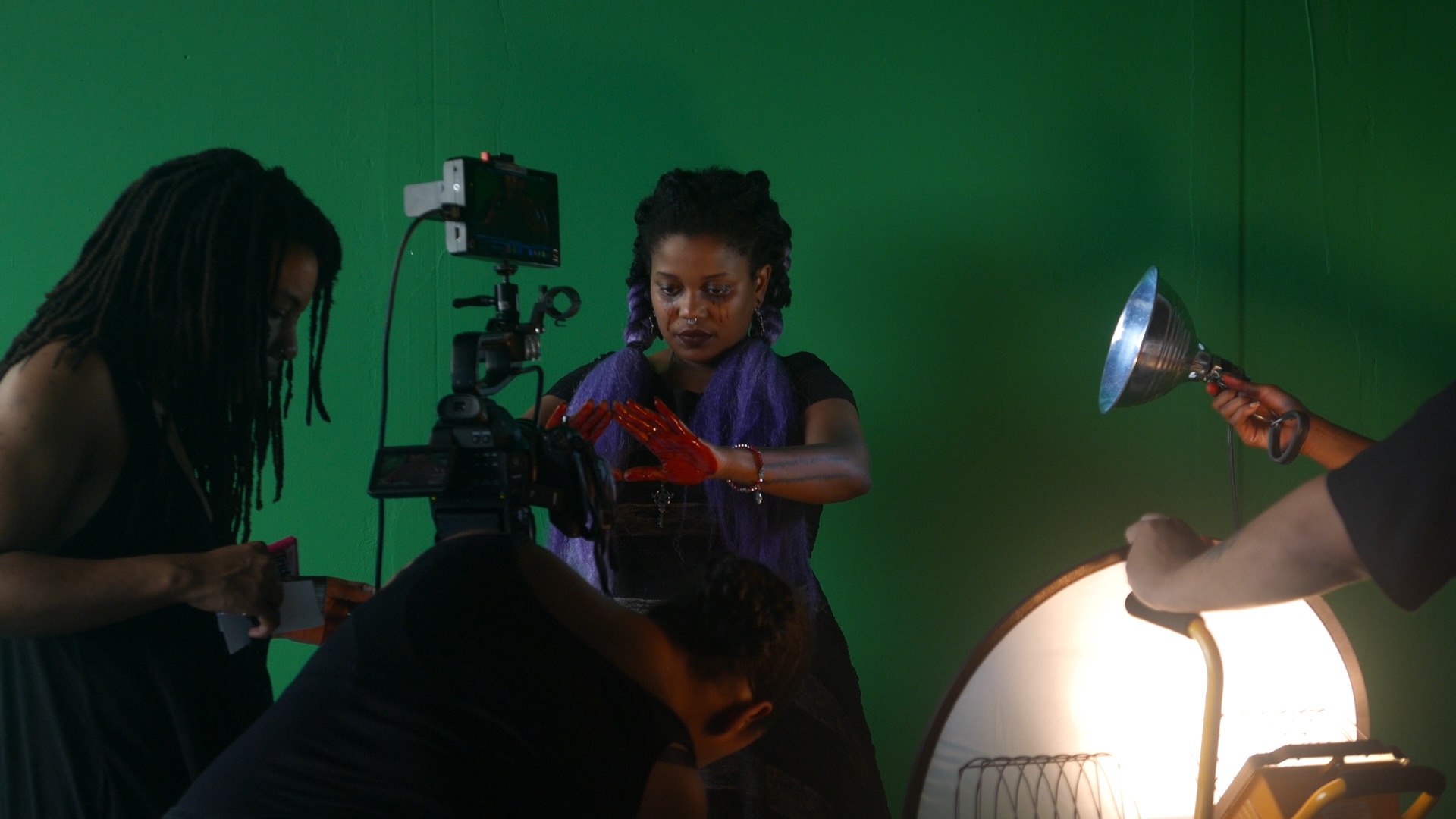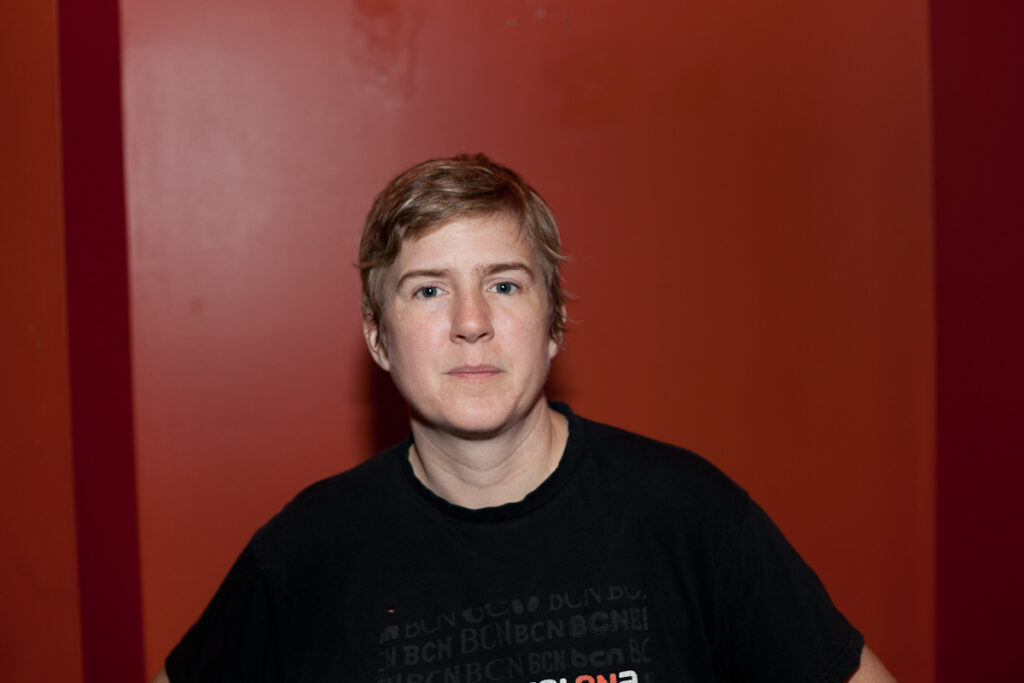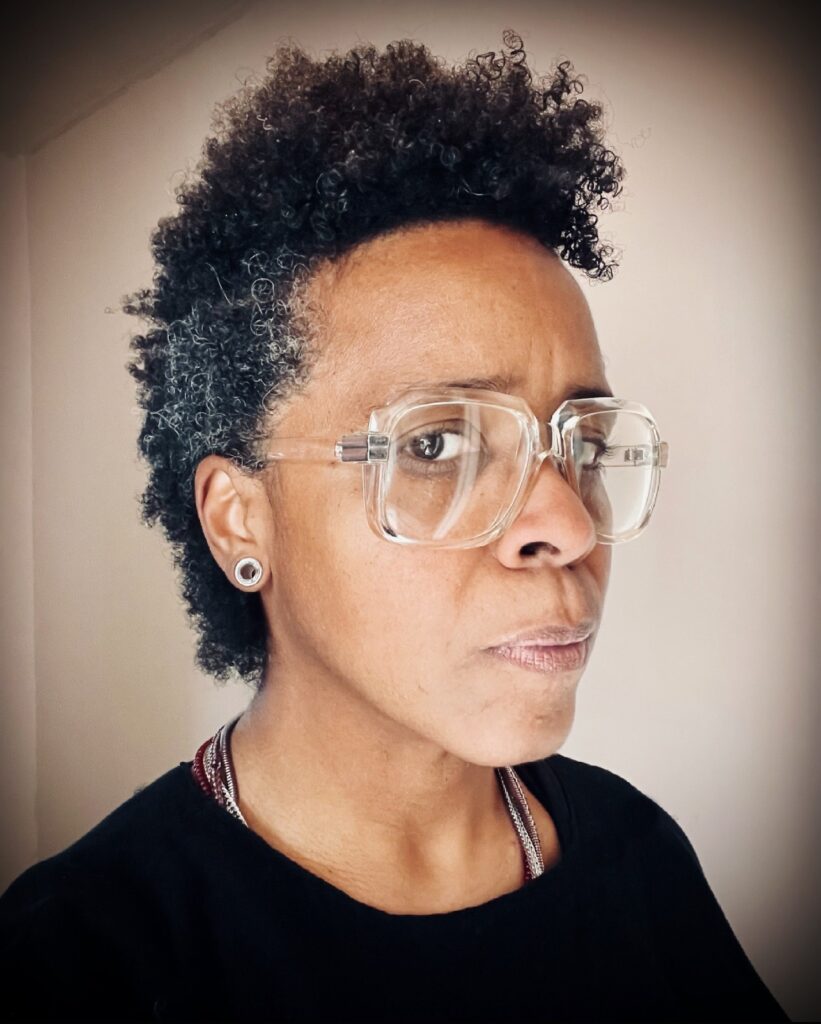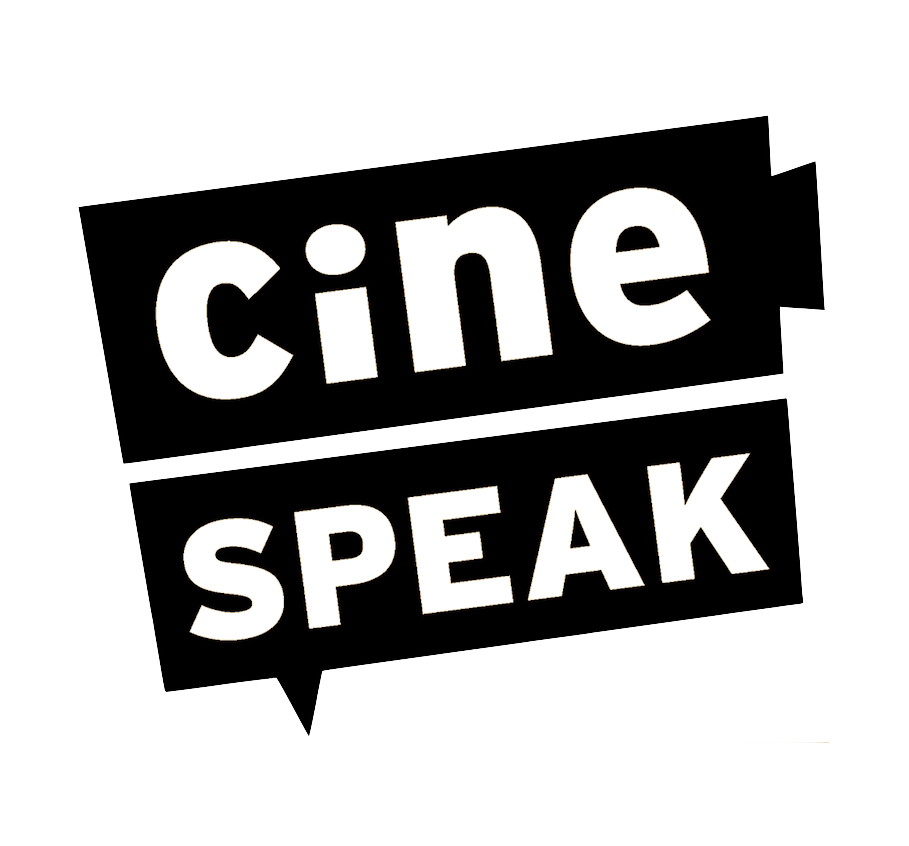
24 Jun Five LGBTQ Filmmakers Who Make Philly Proud
BY HANSEN BURSIC
We are deep into Pride Month, and in Philly we have so much to celebrate. Philadelphia has a thriving and diverse LGBTQ community, and the city is a hotbed of queer and trans filmmaking. This list celebrates five incredible LGBTQ filmmakers who call our city home, including two who are a part of the cinéSPEAK family! When so much of Pride looks like rainbow capitalism and whitewashing LGBTQ history, let’s bring it back to the queer and trans creators who are challenging these narratives every day.

Monika Estrella Negra
Leading this list is someone near and dear to our hearts here at CinéSPEAK: Monika Estrella Negra (she/her), who is a journalist, filmmaker, and curator of all things radical in media. She is also cinéSPEAK’s new Editor-In-Chief!
Negra’s film work largely focuses on the horror and sci-fi genres. She co-founded Audre’s Revenge, a collective of creatives dedicated to QTIBIPOC visibility in sci-fi and horror film. Negra’s bold body of work at the intersection of horror and LGBTQ identity makes her not only a filmmaker to watch in Philadelphia, but also an important voice in the modern horror canon.
Her growing filmography includes several short films she wrote and directed. Her work includes Flesh, a film about a Black femme serial killer navigating the Chicago DIY punk scene, and They Will Know You by Your Fruit, a short film as part of Negra’s ‘Vengeance Anthology’ that explores the transgenerational horrors of infertility/fertility, anti-Blackness, and sacrifice. They Will Know You by Your Fruit has screened all over the world, including at the Final Girls Berlin Film Festival and Trans Stellar Film Festival.

Chet Pancake
Next up is a filmmaker who has an incredible body of work. Chet Pancake (he/him) is a renowned filmmaker, new media creator, and sound artist. Pancake’s art has deep roots in environmental justice and queer visibility.
Pancake’s work has screened at countless prestigious institutions, including at the MoMA, and was broadcast through channels including PBS and the Sundance Channel. His first breakout work was Black Diamonds, a documentary about the environmental consequences of mountaintop removal projects in West Virginia. Pancake’s most recent documentary, Queer Genius, is a cinematic exploration of four visionary queer artists, including the late visionary lesbian filmmaker Barbara Hammer and Philly’s own Moor Mother and Black Quantum Futurism.
Beyond his filmmaking work, Pancake is the director of the Black Oak House art gallery in West Philly. He is also the current Interim Chair of the Film and Media Arts Program at Temple University.

Kristal Sotomayor
Another filmmaker in the CinéSPEAK family, Kristal Sotomayor (she/they/ellx) is a documentary filmmaker, festival programmer, and freelance journalist. Their work is heavily focused on Latinidad, immigration, and belonging. They also serve on the CinéSPEAK Editorial Collective.
Their debut documentary short, To My Motherland, is an experimental personal video essay that explores the complexities of immigration, language and returning to the motherland. The film screened all over the world and was recently shown on Comcast Xfinity On Demand. Their latest documentary project, which is currently in post-production, EXPANDING SANCTUARY, follows the nonprofit Juntos and other Latinx activists’ organizing efforts to end police surveillance in Philly.
Sotomayor is heavily involved in Latinx-led media in Philly. They are the co-founder of ¡Presente! Media, a collective of Latinx journalists and filmmakers telling social justice-driven stories. They are also the Programming Director for the Philadelphia Latino Film Festival, recently leading it into its most successful festival to date.

M. Asli Dukan
Another multi-talented and highly experienced filmmaker, M. Asli Dukan (she/her) is a filmmaker, visual artist, photographer, and scholar. Both in her filmography and her scholarship, she has contributed to both speculative fiction and Afrofuturism canons.
Dukan founded Mizan Media Productions, a multimedia company with a focus on Afro-diasporic narratives. The company has worked with world-renowned science fiction writer Octavia E. Butler and major clients such as Sundance, MTV, and Afropunk. Her six-part web series, RESISTANCE: the battle of philadelphia, told a powerful story of Black Philadelphians rising up against police brutality in a dystopian future (watch Episode One here). The series premiered at BlackStar Film Festival.
Her latest project, R2, season two of her RESISTANCE web series, is currently in pre-production. Dukan also teaches at the University of Pennsylvania in the Fine Arts & Design.

Iris Devins
The last LGBTQ Philly filmmaker on this list is director, writer, and producer Iris Devins (she/her). Her growing filmography tells intimate stories of trans women through relationship-focused dramas.
Devins co-founded Broken Pier, a proudly Philly-based production company lovingly named after the broken Philly pier where she met her partner. Devin’s breakout film, After The Date, tells a story about a trans woman’s loving and complicated relationship with a straight cisgender man. Her latest film, Trashy Booty, struck a different cord, telling a humorous but heartfelt story of two dumpster-diving trans women who unknowingly participate in a social experiment when they pick up a hitchhiking robot (you can watch the first film and the trailer for the second on the Broken Pier website).
Devins has previously been a member of Sundance Institute Screenwriters Intensive and was a Sundance Knight Fellow. She is currently working on her first feature-length script and is a film instructor in the Philly area.

Hansen Bursic is an award-winning filmmaker and writer. He is the current Communications Coordinator at the International Documentary Association and serves on the Editorial Board of CinéSPEAK. Bursic’s work has explored LGBTQ visibility and liberation in both rural and urban settings, and in the media.

Sorry, the comment form is closed at this time.